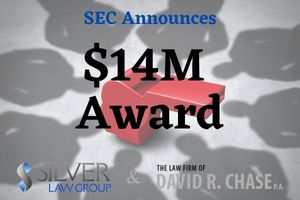 Most whistleblowers are keen to keep their activity concealed and private until the information becomes public. In an unusual twist, one whistleblower decided to publish a research report online detailing the fraudulent activity of a company and that of its CEO prior to notifying the SEC of the fraud.
Most whistleblowers are keen to keep their activity concealed and private until the information becomes public. In an unusual twist, one whistleblower decided to publish a research report online detailing the fraudulent activity of a company and that of its CEO prior to notifying the SEC of the fraud.
Within days of sharing this information online, the whistleblower then shared the same information with the SEC. The individual was persistent in reaching out to SEC staff about this information. Their continued contact led to the SEC opening an investigation that resulted in a successful enforcement action. This whistleblower was an outsider, not an employee of the company. Continue reading
 SEC Whistleblower Lawyer Blog
SEC Whistleblower Lawyer Blog


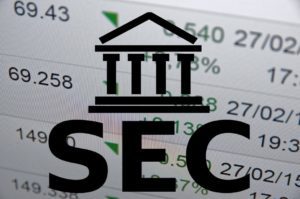 As we’ve
As we’ve  What should you do if you’ve encountered defense contractor fraud and you want to stop it? Practically speaking, start by getting qualified legal representation as soon as possible. You need legal protection, to understand the best ways to insulate yourself from retaliation or other negative results, and, importantly, to make sure you aren’t somehow held liable for the fraud. (Or, if you already have been involved, what you can do to minimize your liability.) Beyond that, there are other possibilities to consider.
What should you do if you’ve encountered defense contractor fraud and you want to stop it? Practically speaking, start by getting qualified legal representation as soon as possible. You need legal protection, to understand the best ways to insulate yourself from retaliation or other negative results, and, importantly, to make sure you aren’t somehow held liable for the fraud. (Or, if you already have been involved, what you can do to minimize your liability.) Beyond that, there are other possibilities to consider. 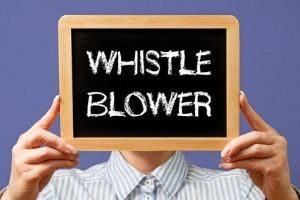 What should you do if you’ve encountered health care fraud and you want to stop it? You have options, and there isn’t one right or wrong answer. It will depend on the type of fraud, who is perpetrating it, how much you want to remain anonymous, and more.
What should you do if you’ve encountered health care fraud and you want to stop it? You have options, and there isn’t one right or wrong answer. It will depend on the type of fraud, who is perpetrating it, how much you want to remain anonymous, and more.  When it comes to legal terminology, there’s one term that is frequently discussed but little understood:
When it comes to legal terminology, there’s one term that is frequently discussed but little understood: 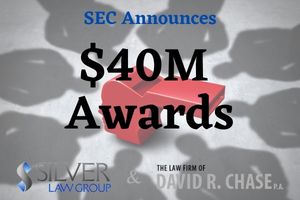 Through three orders, the SEC issued
Through three orders, the SEC issued 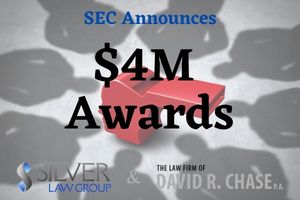 The Securities and Exchange Commission has kept busy, even through the holidays. On January 10th, 2022, the SEC put out a
The Securities and Exchange Commission has kept busy, even through the holidays. On January 10th, 2022, the SEC put out a  Both the Department of Justice (DOJ) and the
Both the Department of Justice (DOJ) and the 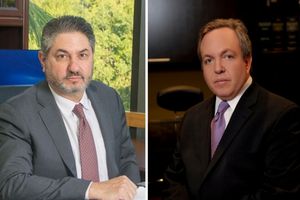 SEC Whistleblower attorneys Scott Silver and David Chase were recently the featured guests on ‘Cut To The Chase’ podcast to discuss the SEC whistleblower program and their work representing whistleblowers.
SEC Whistleblower attorneys Scott Silver and David Chase were recently the featured guests on ‘Cut To The Chase’ podcast to discuss the SEC whistleblower program and their work representing whistleblowers.